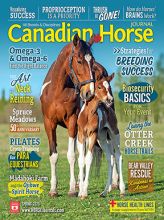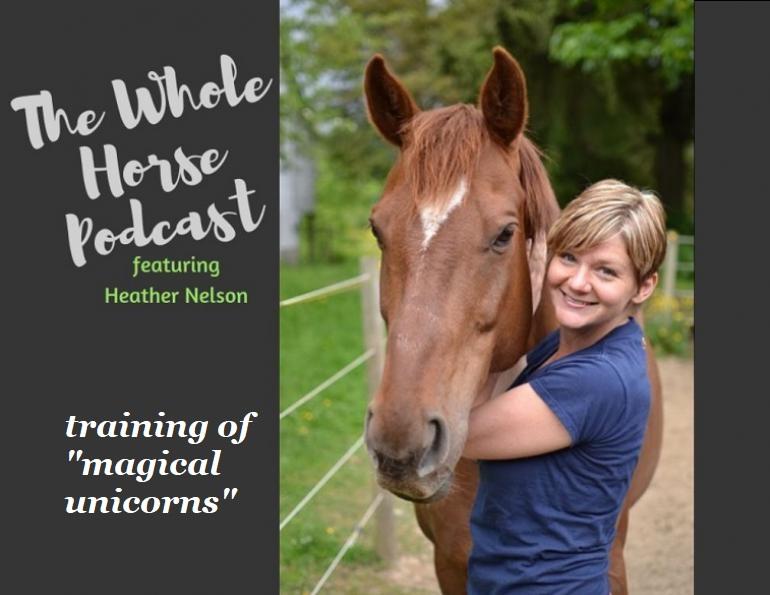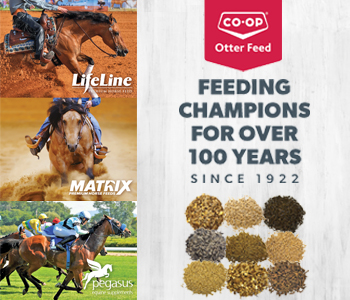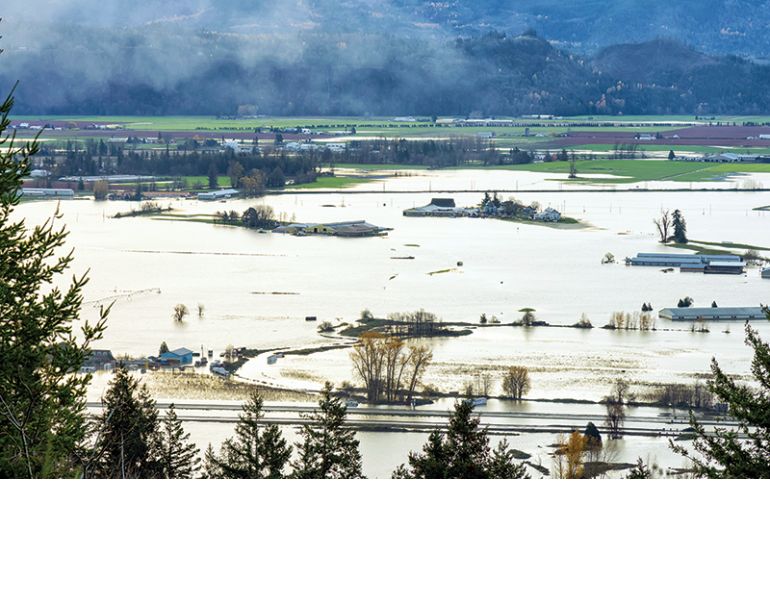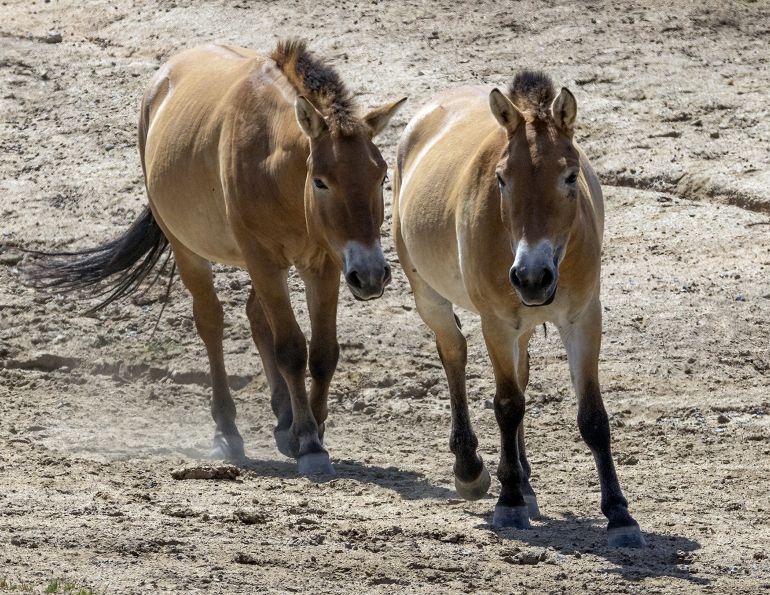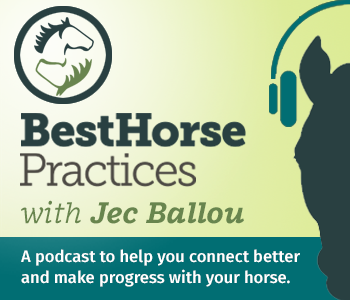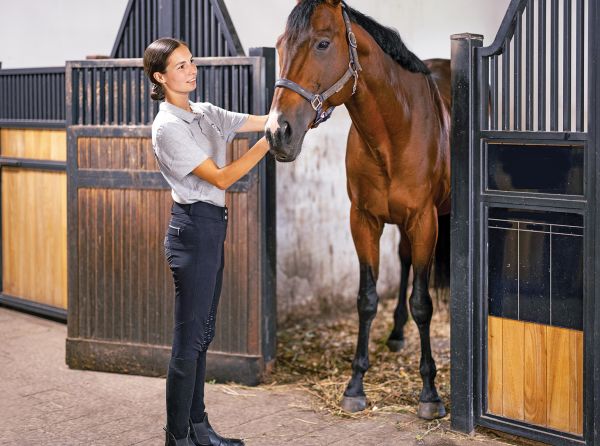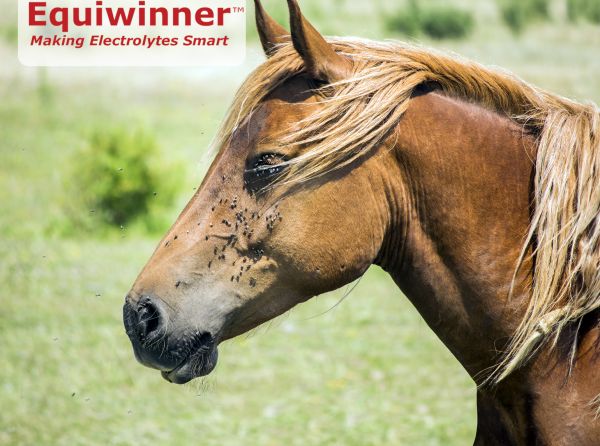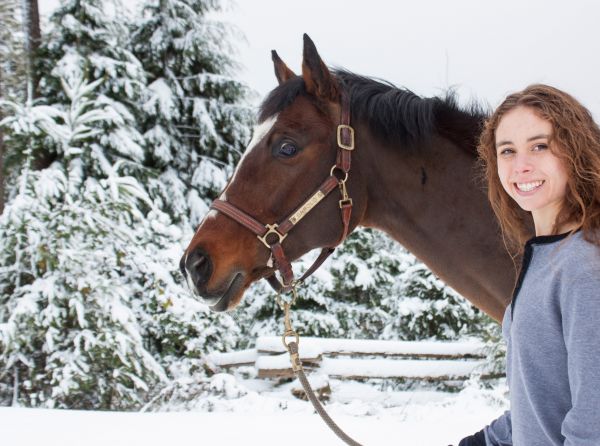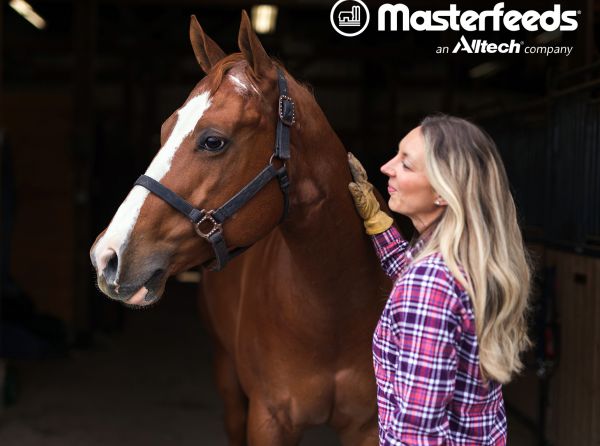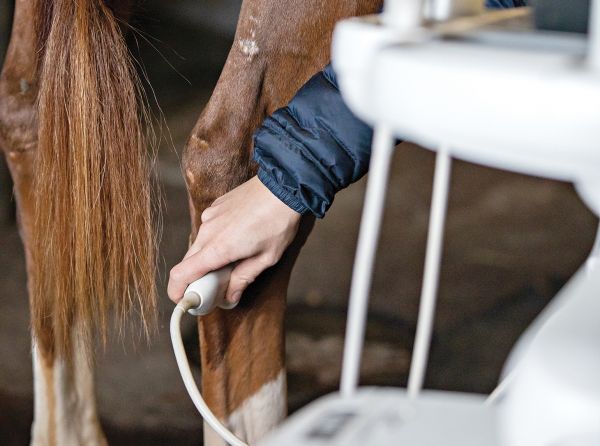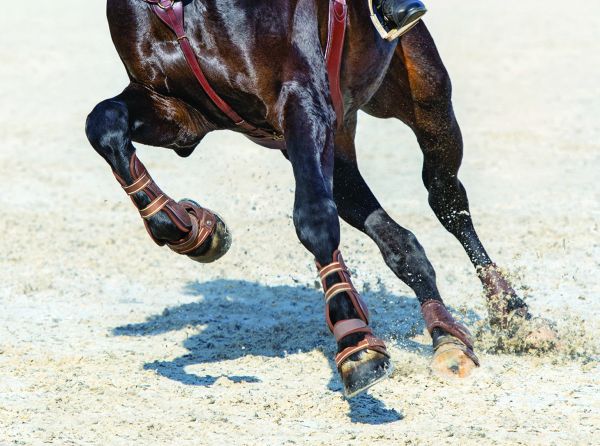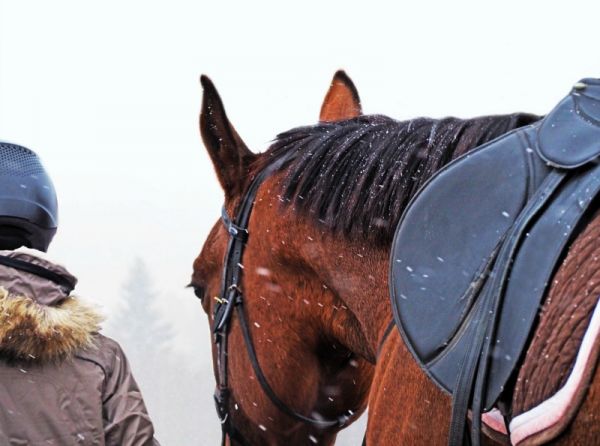Spring 2015 to Spring 2016
Source: WHOAS
The Wild Horses of Alberta Society (WHOAS) recently completed the first year of an innovative five-year pilot contraception and field monitoring project. The aim of the project is to develop a means to provide effective and humane stewardship for the just over 850 remaining wild horses in Alberta. This is the first program of its kind in Canada and a showcase for the way in which a not-for-profit organization can design, manage, and implement a community-based scientific field program using skilled volunteers that are invested in the project.
The Government of Alberta has granted permission for WHOAS, a registered charity based in Olds, AB, to carry out this pilot program. A dedicated and highly skilled team, led by equine veterinarian Dr. Bruce Stover, has successfully worked in extremely challenging conditions and terrain throughout the entire 490-square-km pilot study area. So far, the team has vaccinated 73 mares with the Zona Stat-H contraceptive vaccine and given booster shots to an additional 16 mares. With one shot, a mare is 70 to 80 percent less likely to conceive for the first year, depending on the time of year in which she is vaccinated. This increases to 90 percent with the administration of a booster shot. The contraceptive effects wear off with the chance of conception increasing every year post-vaccination.

The WHOAS 490-square-km pilot study area is shown in red.
The field team is familiar with many of the herds in the study area and can recognize individuals by their colouring, markings, and herd associations with the aid of the monitoring database. The team identifies specific mares that have been selected according to criteria such as age, previous foaling success, and ease of future identification. In the field, they approach within 25 to 50 metres of the selected mares to safely administer the Zona Stat-H to the hind quarters using either a customized dart injection gun or a cartridge powered dart gun. The injected mares feel nothing more than a slight prick and the darts fall to the ground to be retrieved later by team members. Darting has now been completed for the spring 2016 season, and the team will return to the field at the end of the foaling period.





WHOAS is bearing the cost of the entire wild horse contraception and field monitoring program from private donations and by using skilled volunteer labour and expertise. WHOAS receives no government funding, and has spent $16,943 from charitable donations on the first year of this program. The Zona Stat-H contraceptive vaccines with darts cost $37 per dose. Money has also been spent on investment in field equipment, as well as mandatory field training in Montana, USA, from the vaccine manufacturer. In addition, the volunteer field team have each spent several hundred hours trekking through the Alberta back country, darting, documenting, tracking and then populating the custom wild horse monitoring database.
We estimate that, if the Government of Alberta were to contract this skilled and professional labour directly, program costs would exceed $100,000 per year, and far more than that if contracted out to the private sector. WHOAS has carried out the program efficiently, with the cash cost for each vaccinated mare being approximately $80 when calculated over the five-year program duration. This is compared to a cost of just over $1,100 per mare when donated volunteer time and equipment are factored in. So, every $1 donated to the program effectively provides the equivalent of approximately $13 in benefit.

A field team.
By the end of the five year pilot project, results from WHOAS’s field monitoring program will be used to determine the effectiveness of the contraception program in managing the wild horse population and to determine what percentage of the reproductive female population should be vaccinated in order to maintain viable herds and stabilize population growth. WHOAS then plans to recommend to the Alberta Government how the program can be rolled out into the remaining equine zones. Those involved hope that the program will be at the centre of a series of humane wild horse management measures designed to replace the former wild horse culls that resulted in so many wild horses being sent to slaughter.
Wild Horse Contraception Program Summary
- Total number of mares vaccinated: 73
- Number of mares given booster: 16
- Dollar cost per horse (funded by charitable donations): $80
- Total cost per horse (total cost estimate includes donated volunteer time and equipment): $1,100
For more information please contact, Bob Henderson, President of Wild Horses of Alberta Society (WHOAS):
- Email: WHOASalberta@gmail.com
- Website: http://www.wildhorsesofalberta.com
All photos are courtesy of WHOAS.


